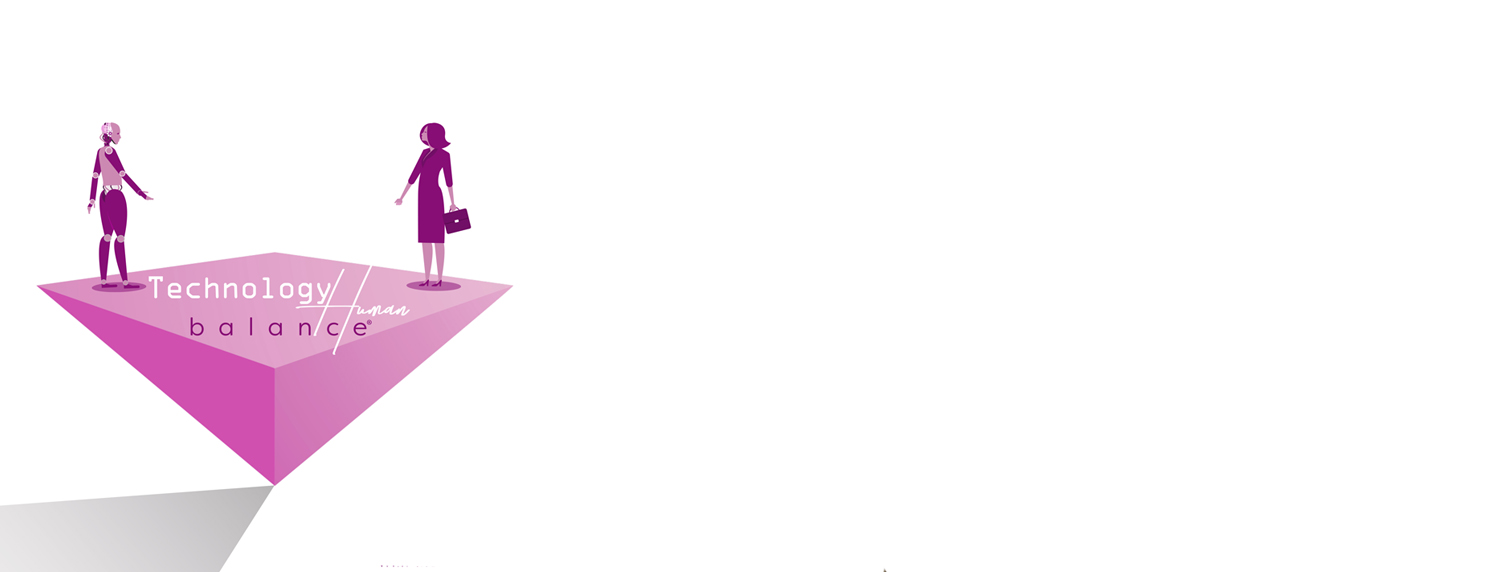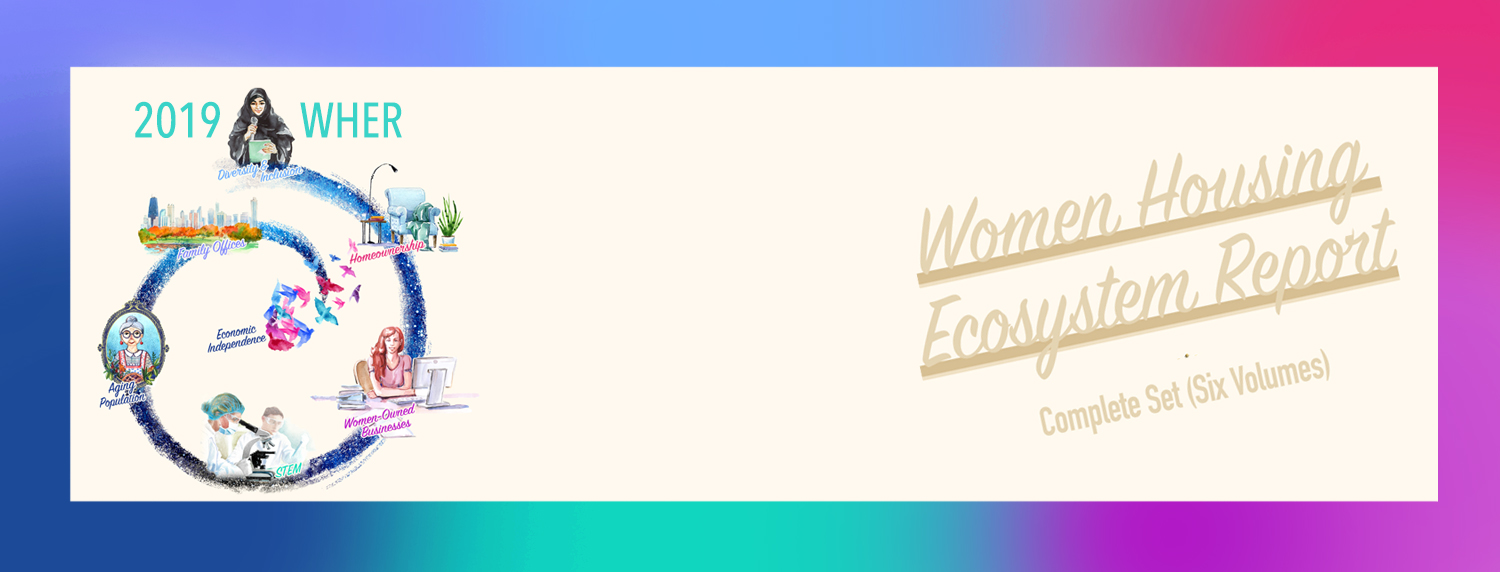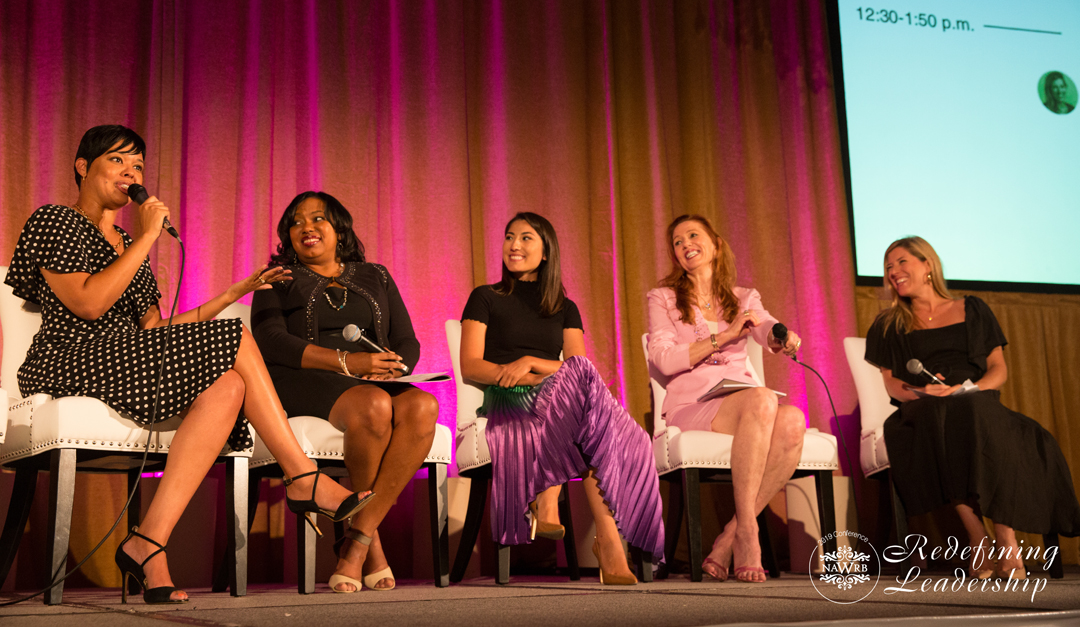The 2019 NAWRB Conference, Redefining Leadership, has come to an end this week, but for all our senior executive and industry expert participants, this is just the beginning of newfound relationships and forward-thinking dialogues that were formed during this informative and invigorating professional mastermind event.

Know an Incredible Woman Preserving the
Quality of Life During COVID-19?
Submit your story today!
Read More

Consulting & Branding Opportunities
Grant your business access to insider,
proven knowledge to improve the quality of your procured
services and maximize business performance.

If you need D&I
Contact Us!
A Team Focused on Bring Diversity and Inclusion to Every Level
Learn More

#1 Top Real Estate Influencer
Desiree Patno
Diversity & Inclusion, Quality of Life, Know the Rules of the Game ®
Your Next Event
Grow Your Business
NAWRB: An SBA Resource
NAWRB is listed as a women-owned business resource for the SBA.
Check It Out
NAWRB Aging Population
Help Protect Elders
from Financial Abuse
Over $36.5 billion a year is lost annually in the U.S.
Prevent Financial Abuse

Women's Homeownership:
Dream. Stability. Sanctuary.
Life often presents us
with unplanned disruptions.

AI Technology
with
a Human Touch
Is
The Perfect Balance


NAWRB Women's Global Resource Center
A women’s depository for vendors & clients to grow their diverse spend & increase women’s employment at all levels within the housing ecosystem.

Daily Archives: August 12, 2019
WHER Chat: The State of Women and Girls in STEM
The National Girls Collaborative Project presents statistics on their website on the state of girls’ involvement in STEM through primary education – from kindergarten through high school, from an analysis of data from 2016 National Science Foundation reports. Here are some of their main findings regarding differences in STEM involvement for female students compared to their male counterparts. Students regardless of sex, race or ethnicity, enrolled in lower level science courses in 2012 at similar rates. However, students with less-educated parents or with lower socioeconomic status were less likely to take these courses.

 Login
Login





